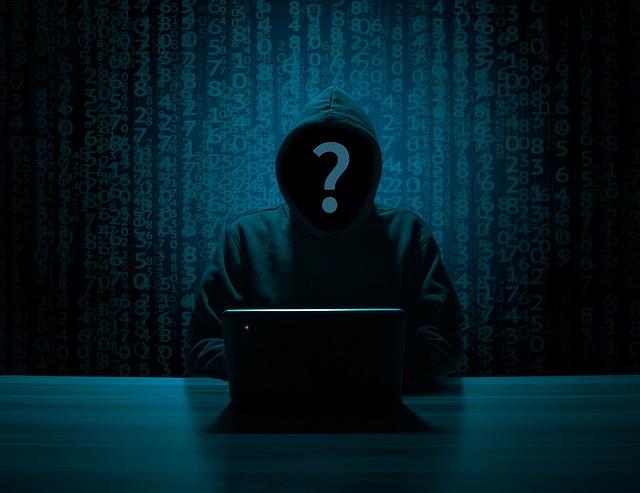In today’s digital world, social media platforms have become an integral part of our daily lives, offering a space for connection, expression, and, quite frankly, a form of escape. However, with this liberation comes a significant concern: the impact of anonymity on data protection.
Anonymity on social media allows users to share their thoughts and experiences without the fear of judgment or repercussions. It can foster open dialogues about sensitive topics, create a sense of community, and empower individuals to express their true selves. However, this digital cloak can also lead to reckless behavior. The protective shield of anonymity can embolden users to share private information, engage in cyberbullying, and even spread misinformation without accountability.
The question arises: how does this veil of anonymity affect our data protection? On one hand, it prompts individuals to share more openly, potentially compromising their privacy. Users may not realize that behind the shield of anonymity, their data is still collected, monitored, and potentially exploited by third parties. In essence, while they feel liberated to speak freely, they might inadvertently place their personal information at risk.
The impact of social media anonymity extends beyond individual users; it affects the broader community as well. Companies and organizations often struggle to balance the need for data to improve user experience with the necessity of protecting individual privacy. The tension between leveraging data for service enhancement while also ensuring data protection creates a challenging landscape for all parties involved.
Moreover, the concept of anonymity also raises ethical questions. Ethical frameworks around data protection often clash with the need for transparency and accountability in online interactions. When users hide behind pseudonyms or anonymous accounts, establishing trust and ensuring responsible behavior becomes increasingly difficult.
This anonymity can create an environment where harmful behaviors go unchecked. The rise of cyberbullying and hate speech on social media platforms underscores the risks associated with untraceable identities. The emotional impact on victims can be severe, resulting in a chilling effect on free expression for others who may choose to remain silent rather than engage in an unsafe environment.
The dual-edged nature of anonymity on social media places an essential responsibility on users and platform providers alike. Users must be educated about the risks of sharing personal information even when they feel protected, while social media platforms should implement stricter data protection measures and monitoring protocols to create a safer online space.
As society continues to navigate the complexities of social media interactions, understanding the impact of anonymity on data protection becomes paramount. It prompts a deeper reflection on how we can preserve our rights to privacy and expression while fostering a vibrant and respectful online community. Ultimately, it is the shared responsibility of users, developers, and policymakers to find that delicate balance.




